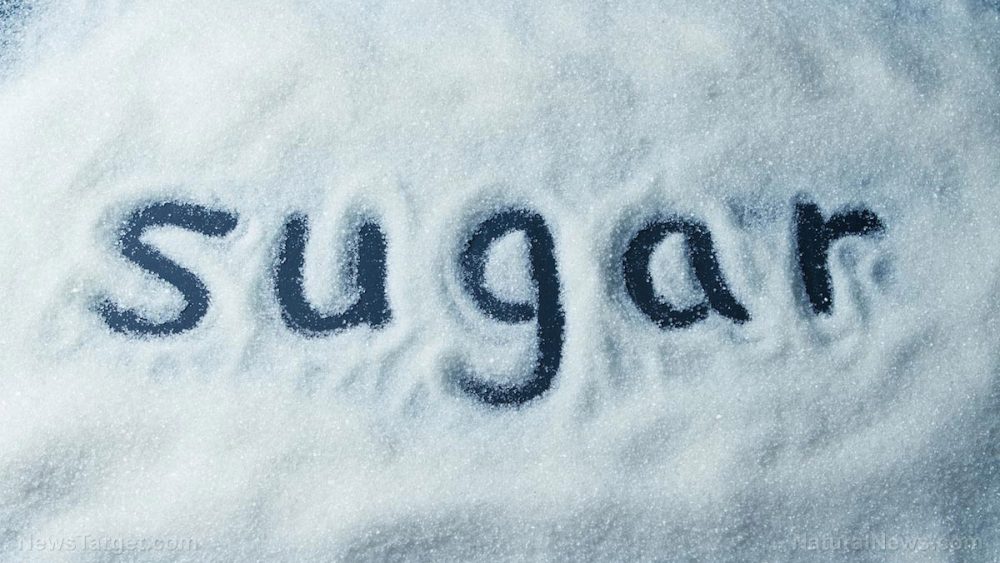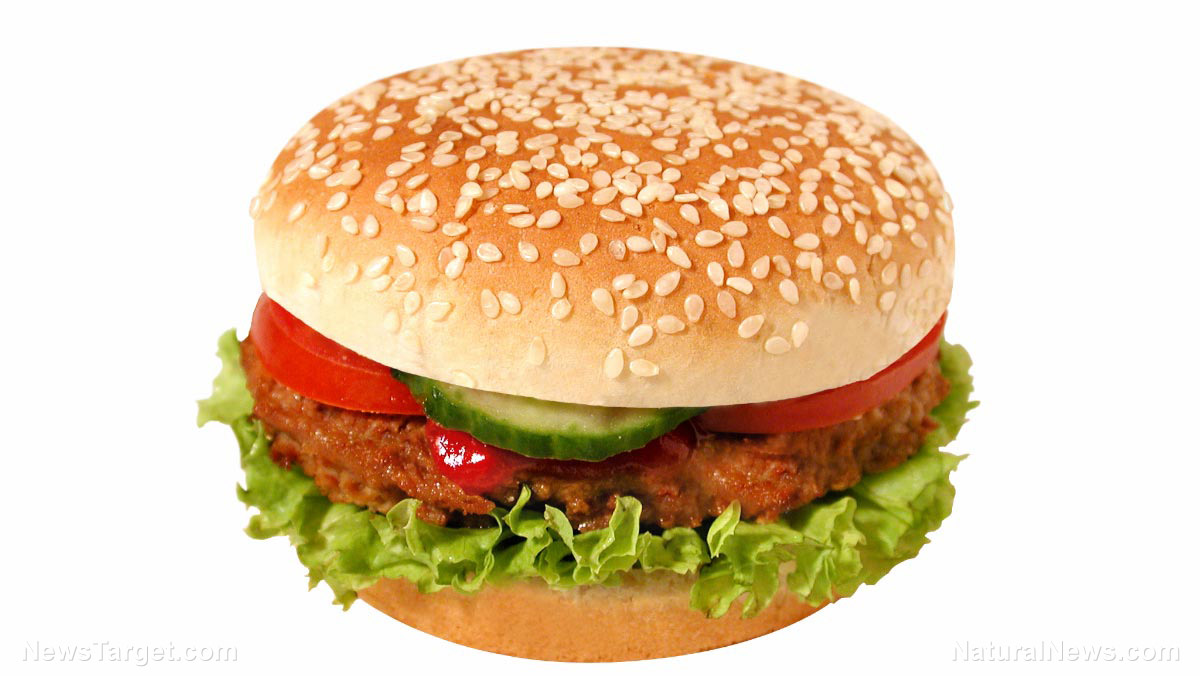
Advertisement
It’s something everyone knows, but not everyone is willing to talk about it: Sugar kills. Consumers know it, although many prefer not to believe it so they can keep eating their favorite candies and cakes. Doctors know it, but not all of them tell their patients, whether it’s for self-serving reasons or just part of the general lack of focus on nutrition many doctors exhibit. Pharmaceutical companies know it, but they, too, are happy to keep quiet about it as they collect their diabetes drug profits. Most of all, however, the sugar industry knows it – and it’s something they’ve been covering up for half a century.
A paper that was recently published in the PLOS Biology journal revealed how the sugar industry has long known and suppressed information showing the dangers of sucrose. The researchers from the University of California at San Francisco found the evidence in a review of internal sugar industry documents.
They found that the Sugar Research Foundation funded research in animals to evaluate the effects that sucrose has on cardiovascular health back in the 1960s. Once the evidence showed a link between sucrose and bladder cancer and heart disease, they abruptly stopped the project and conveniently decided not to publish the results.
In a past analysis, the researchers discovered that the Sugar Research Foundation secretly funded a review article dismissing the evidence linking sugar consumption with coronary heart disease in 1967. That review said that gut microbes were the reason rats who consumed sugar had higher levels of cholesterol than those who ate starch and said the effects were not the same in humans.
The researchers have now discovered that a year later, the Sugar Research Foundation, which had by then become known as the International Sugar Research Foundation (ISRF), carried out a study of rats known as Project 259 in which the nutritional effects of bacterial organisms in intestines when consuming sugar versus starch were measured.
That study, which was carried out by University of Birmingham researchers, suggested that the bacteria in the gut helps to mediate the adverse cardiovascular effects of sugar, and it also pointed to a higher risk of bladder cancer. This means that ISRF knew that consuming sugar could cause bladder cancer. What did they do with this potentially life-saving knowledge? They pulled funding for Project 259 and didn’t publish any of the findings.
Subsequent studies affected by suppressed information
This has had a ripple effect and skewed subsequent studies. For example, when scientists debated whether sugar had the ability to raise triglycerides relative to starch in the late 1960s, the evidence from Project 259 would have backed the notion that it could. That debate and others about the link between sugar and cancer still rage on, with the Sugar Association claiming that “no credible link between ingested sugars and cancer has been established” as recently as last year.
Long-standing tradition of manipulating research
Study co-author Stanton Glantz said: “The kind of manipulation of research is similar [to] what the tobacco industry does. This kind of behavior calls into question sugar industry-funded studies as a reliable source of information for public policy making.”
Unfortunately, as the researchers point out, it’s just one of many pieces of proof that industries manipulate science to serve their own commercial interests, and it’s a practice that is unlikely to stop any time soon. Whether we’re talking about cigarettes, vaccines, antidepressants, pesticides, or something as basic as sugar, those who stand to profit from something will always do their best to make it seem like a product that helps instead of harms despite mountains of evidence to the contrary.
Sources include:
Advertisements







